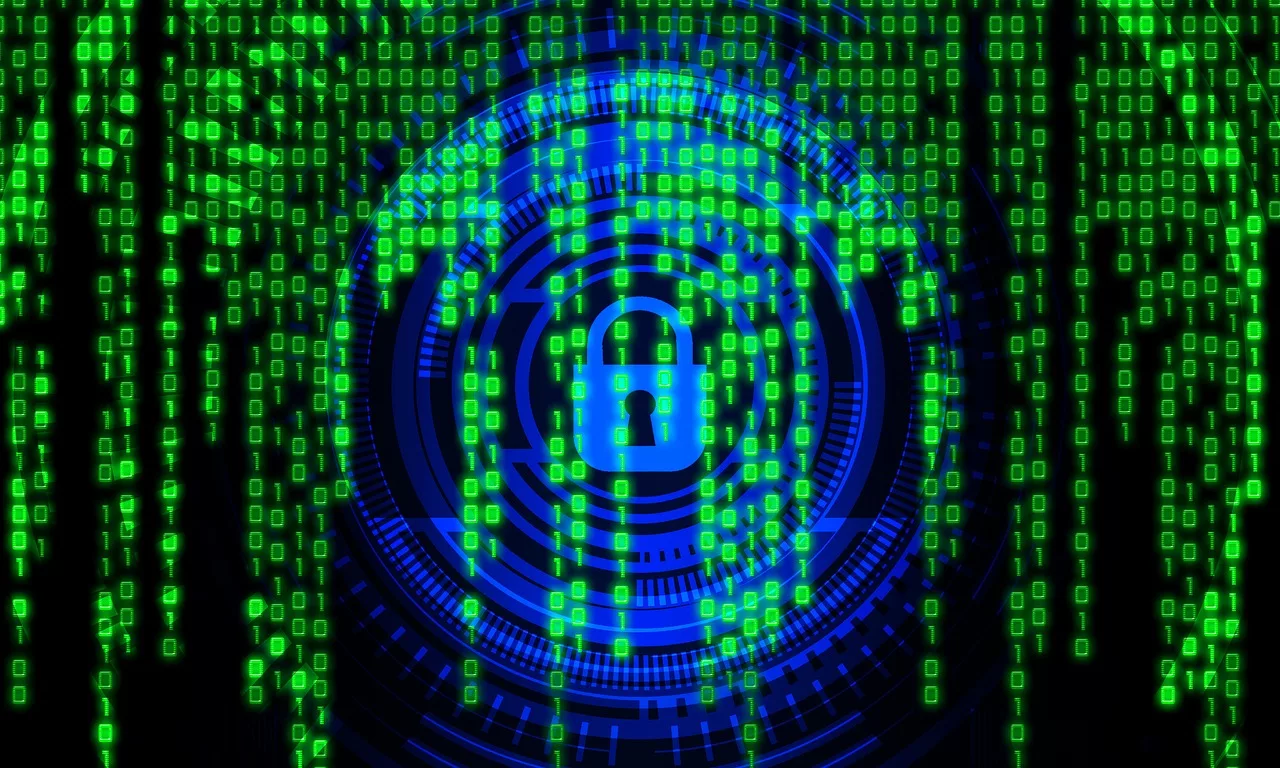Data detoxing in the New Year

It is time to balance the playing field when it comes to our personal data. As we all moved our lives online as a result of COVID-19, our average digital footprint increased by 55%. Companies hold more data on us today than ever before, and many of us are left in the dark on just where our personal, often sensitive, information lives. The daily headlines on data breaches and the mainstream attention in the form of documentaries like Netflix’s “The Great Hack” and “The Social Dilemma” have made clear to the public: it’s time we all do a data detox.
More consumers than ever before, believe that data ownership is a fundamental right.
But where does one start? Many of us have accepted the fact that “privacy is dead” long ago. Protecting our privacy was always about putting fences around us, keeping us from sharing our personal data with others, but then we miss out on all the benefits of the internet. One needs to provide data in order to access the majority of our online lives - think, email address, phone number, and in some cases, financial information to access day-to-day sites. So let’s start with reframing the issue. What if, instead of thinking about data privacy, we begin to think about data ownership?
Stop sharing our personal data to use the internet would be just avoiding the problem. What if, instead, we shift mindset to data ownership, which puts access and choice at the center of the data privacy debate. It’s about being selective about what and who we share our data with. Now, with the GDPR, CCPA, LGPD, and other privacy regulations in place, we can do something about it and live without fences and share whatever we want with whoever we wish to - as these regulations allow us to take it back whenever we choose! By leaving our data only where needed, we can minimize risks like data breaches and identity theft without changing our behavior.
What would a data detox look like?
- A data detox should start with facing reality and being aware of your current situation: it all starts with understanding where your data currently is.
- This is why the first step with Mine’s data ownership product is discovery. Mine allows users to discover the companies that are holding their data, what kind of data they have about them, and what that means for them in terms of associated digital risks.
- Understanding this is the first step to cleaning up your digital footprint.
-
The second step is about value. You should ask yourself a simple question about all the companies that hold your personal data, does this service provide me with value? Am I still using this service? Do I still need it?
- If the answer to this question is no, then there is no reason for you to keep your data there and put yourself at unnecessary risk of data exposure.
- We already see some companies giving people a choice on specific data they are willing to share with them. By providing users with the choice to reclaim specific data, such as location, etc., we can take privacy beyond the binary, outdated view and into a new future of data ownership - where everyone can utilize the internet without fences and fear of breaches.
Exercise your right to be forgotten. Lawmakers in many places like Europe (GDPR), California (CCPA), and Brazil (LGPD) have decided to implement data privacy regulations to protect users’ data privacy rights. These regulations are here to restore the balance, but the only way for them to work is if users will actually use them. Understanding of these protections must come first.
Unfortunately, more than 60% of Americans don’t understand privacy regulations, and even in places with access to these rights like California, many fail to use them to their advantage. Don’t let your privacy rights stay on paper and turn them into reality by actively asking companies to delete any information you don’t longer feel comfortable sharing. By using services like Mine, you can send official deletion requests to companies, asking them to delete your data. Obviously, these rights are not absolute and companies can decide how to approach it, but in most cases, your data would be deleted.
Remember that data ownership is an ongoing effort. With the tools at our disposal today, future footprint management won't require a once-yearly cleanse; users are now able to check-in and reclaim their sensitive information seamlessly and as they see fit. But this is not a heavy task. With tools like Mine’s that help you stay on track through notifications, personal recommendations, and alerts about potential threats, all you have to do as a consumer is decide where you want to keep your data and where you don’t.
2021 looks promising for data ownership. We expect to see many new regions around the world offering data privacy regulations for their citizens, with federal privacy legislation on the horizon in the US that would provide data privacy rights for all Americans. A recent report by Gartner states that ”by 2023, 65% of the world’s population will have its personal data covered under modern privacy regulations, up from 10% in 2020.” Making the decision to take back ownership is the first step to finding - and detoxing - your data footprint. A fresh start to 2021 has never been more accessible, so what are you waiting for?
Looking for a reprint of this article?
From high-res PDFs to custom plaques, order your copy today!






